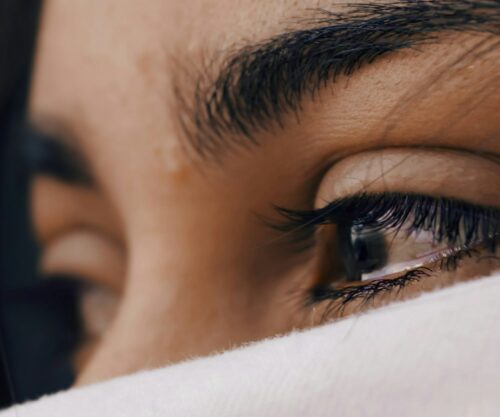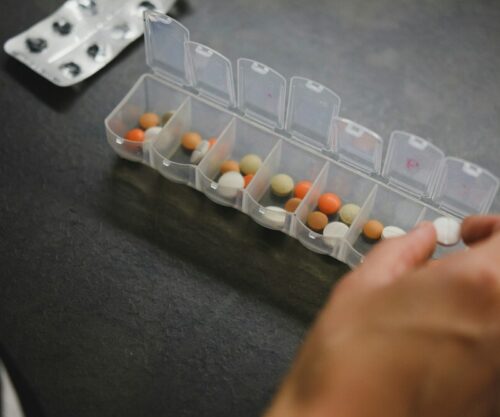
Cholera is an infectious disease that causes severe diarrhoea which can lead to dehydration and death if untreated. The disease, which is caused by the consumption of food and water that is contaminated with a bacterium called Vibrio cholerae, has already taken the lives of innocent South Africans living in Gauteng and the Free State.
At the time of writing this article, IOL reported that the disease claimed the lives of 22 people – 21 in Gauteng and one woman in the Free State. The presence of cholera was first reported in Hammanskraal, north of Tshwane, in the Gauteng province.
With a growing concern spreading around the country, it is best to be educated about the life-threatening disease.
Below are facts about cholera, as explained by WebMD.
Causes
As stated above, cholera is caused by the bacterium Vibrio cholerae. This is found in food and water that is contaminated by faeces from a person with the infection.
When the contaminated food is consumed, the bacteria release a toxin in the intestines, causing severe diarrhoea.
Common sources include the following:
- Municipal water supplies or ice made from municipal water
- Foods and drinks sold by street vendors
- Vegetables grown with water containing human waste
- Raw and undercooked fish and seafood caught in water polluted with sewage
Symptoms
Symptoms can begin as soon as a few hours or as long as five days after infection. The severe watery diarrhoea, accompanied by vomiting, causes dehydration. Untreated dehydration can lead to shock and death in a matter of hours.
Symptoms of dehydration include the following:
- Rapid heart rate
- Loss of skin elasticity
- Dry mouth, throat, nose and eyelids
- Thirst
- Low blood pressure
- Muscle cramps
Treatment and prevention
There is a vaccine one can take for cholera. The World Health Organisation has provided specific guidelines for who should be given this vaccine.
However, you can protect yourself too by using only boiled water (boil for one to three minutes), chemically disinfected water or drinking bottled water.
Use these types of water for the following purposes:
- Drinking
- Preparing food or drinks
- For making ice
- Washing fruits and vegetables
- Washing dishes and utensils used for eating or food preparation
- Washing your face and hands, or brushing your teeth
You should also avoid the following foods:
- Unpeeled fruits and vegetables
- Unpasteurised milk and milk products
- Fish caught in contaminated waters
- Raw and undercooked meats and fish or seafood
If you suspect that you are infected, seek medical attention immediately. Cholera is highly treatable. However, dehydration can happen quickly. Therefore, it is important to get cholera treatment right away.
Also see: Top supplements SA moms are giving kids to boost immunity




